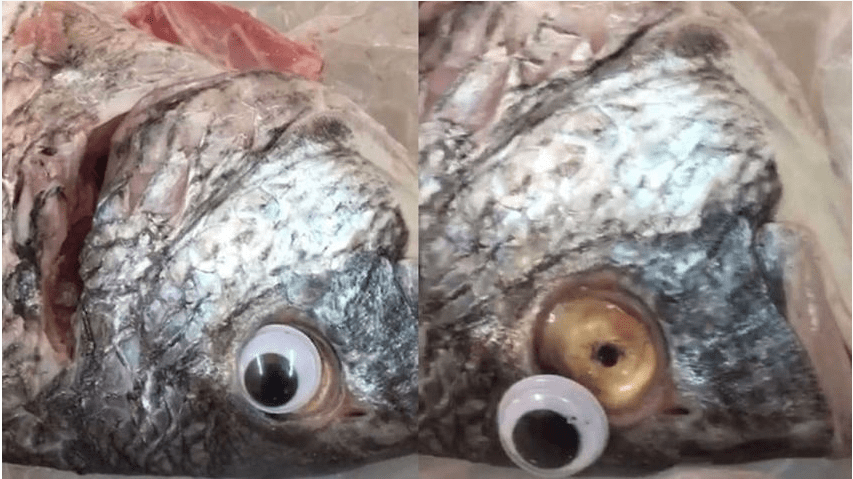Recently, a store in Kuwait was reportedly closed after its owners were caught sticking plastic eyes on their fish to make them appear fresh. Other fishmongers have responded with using the tagline “without cosmetic enhancements and coloured lenses.”
This incident comes in the same month as news of “fake” honey being sold in supermarkets around Australia. Among those found guilty of producing adulterated honey were IGA’s Black and Gold private brand, Aldi’s Bramwell’s Mixed Blossom private label and Capilano’s Allowrie brand.
Section 18 of the Australian Consumer Law is outlined in the Competition and Consumer Act 2010. It prohibits conduct by corporations in trade or commerce which is misleading or deceptive, as well as that likely to mislead or deceive. Moreover, the doctrine aims to provide consumer protection by preventing businesses from misleading their customers.
The elements required to establish misleading or deceptive conduct are:
- The apparent conduct was undertaken during trade or commerce;
- The apparent conduct was, in all circumstances, misleading or deceptive;
- The claimant/consumer relied on the conduct;
- As a result of reliance on this conduct, the claimant suffered a loss.
Parties to a contract cannot exclude liability for misleading or deceptive conduct under Section 18 of the Australian Consumer Law. Terms that purport to do so will be unenforceable, to protect the public interest in ensuring that the statutory remedies are available to persons who are misled or deceived.
This was established in Section 52 of the Trade Practices Act 1974 (Commonwealth) - the modern equivalent of which is Section 18 of the Competition and Consumer Act 2010.
Though there are no pecuniary penalties available for breach of section 18, a breach allows a consumer to seek pecuniary penalties up to $1.1 million from corporations and $220,000 from individuals, pursuant to their rights being followed through at the Australian Competition and Consumer Commission (ACCC). A victim of misleading or deceptive conduct is only entitled to damages if they have suffered los or damage as a result of the conduct. Kindly note that there is a limitation period of 6 years on actions for damage.
If you believe that you have been falsely misled with regards to a product or goods, that you were falsely led to believe the work to be of another quality, you can make a claim pursuant to the Australian Consumer Law rights. If you wish to discuss this matter further, please do not hesitate to contact Freedman and Gopalan Solicitors (8917 8700).
If you are selling a product or service, it is crucial that you do not mislead the public or a reasonable person with regards to the services and goods that you are intending to supply.
https://www.sbs.com.au/news/fish-fraud-googly-eye-trick-forces-shop-to-close
http://www.abc.net.au/news/2018-09-05/accc-launches-investigation-into-fake-honey/10205452

